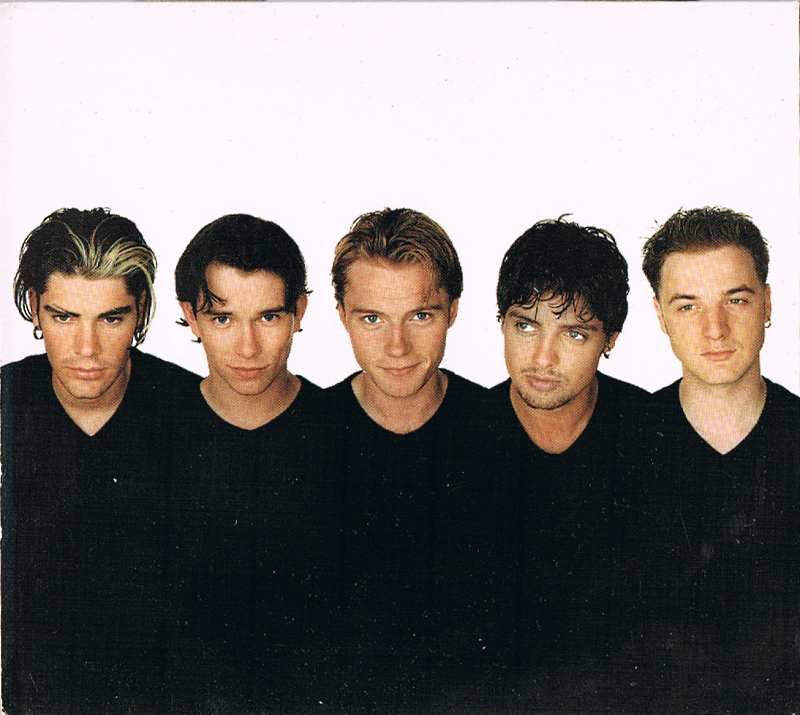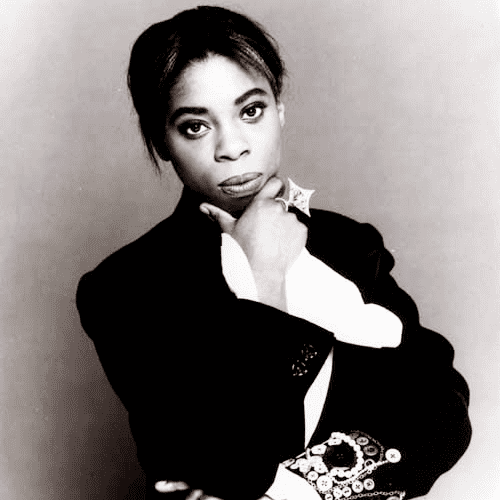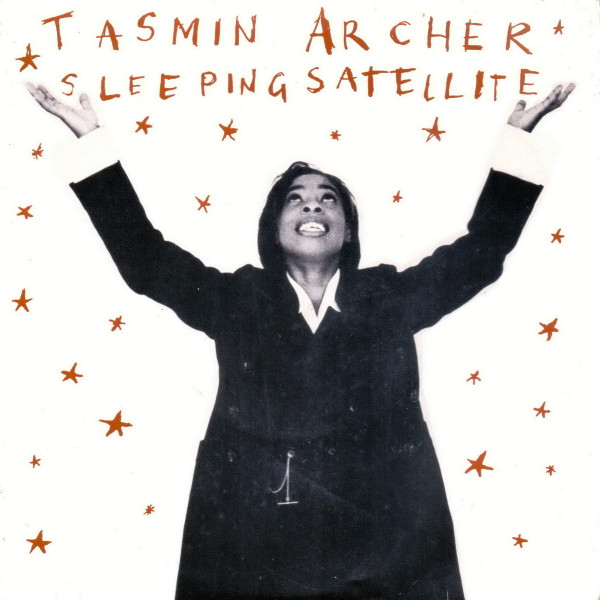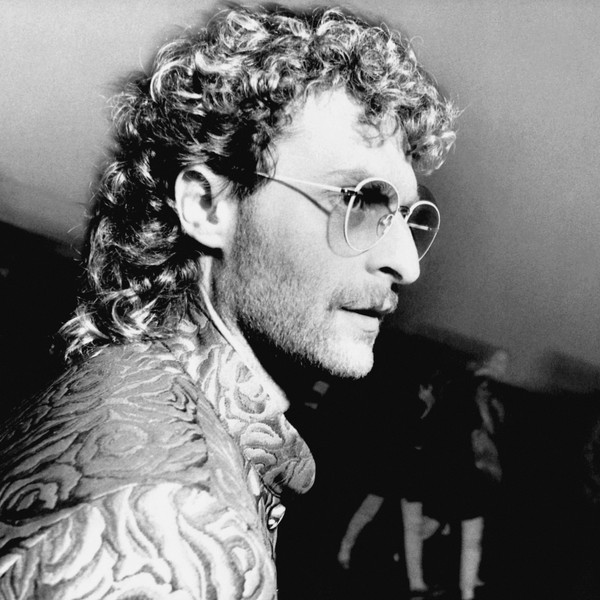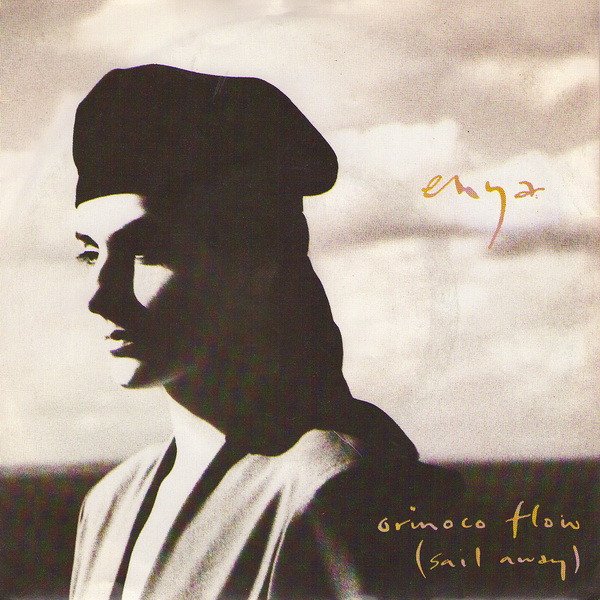Fresh from their first British number one, Boyzone set their sights on ‘global’ domination…
A Different Beat, by Boyzone (their 2nd of six #1s)
1 week, from 8th – 15th December 1996
By going down a new-age, world music path, that is. There have been few more distinctive intros to number one singles than this one, with its thunderclaps and African chants. This could be a very interesting song, we think, and hope… and are then left disappointed when it slides into much more predictable, pre-Christmas saccharine
The lyrics are very much of the season: Let’s not neglect our race… Life on earth be one… We are all grains of sand, apparently. At least it’s not Ronan Keating on lead vocals this time, as Stephen Gately’s clear and gentle tones guide us through the verses. Groanin’ Ronan, as we must now and forever refer to him, does get to let rip on the middle eight. He’s seen the rain fall in Africa, and touched the snow in Alaska… And let’s not get into how he pronounces ‘Niagara’, just so the line scans.
It’s easy to be cynical about songs like this, especially coming from bands as lightweight as Boyzone. I salute the message, even if the video – in which the lads descend from the heavens to dance with African children – gives off an iffy, white-saviour message. I have a feeling they were taking their cue from ‘Earth Song’, last year’s messianic Christmas Number One; but neither the song, nor the video, can compete with Michael Jackson’s irrepressible bombast.
This was the only one of Boyzone’s six chart-toppers that the band had a hand in writing, and one of only two that weren’t cover versions. It was also produced, in part, by Trevor Horn of Buggles fame. So, there are much blander offerings to come from Boyzone. There is a decent song buried in here – the title-line hook is good – but it’s smothered in far too much boyband dressing. And it doesn’t build to the big finish that a song like this needs to succeed; it just fizzles out to a simple drumbeat.
I’d assume they were aiming for the festive top spot with this release. But that was never going to happen, what with a record with an even more important message coming up next, and the third single from a certain female five-piece hovering on the horizon.
